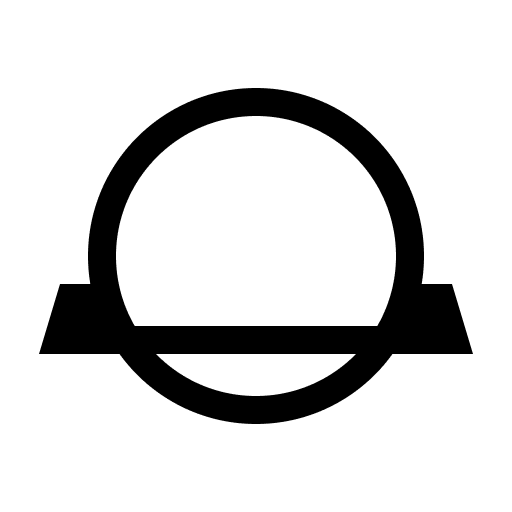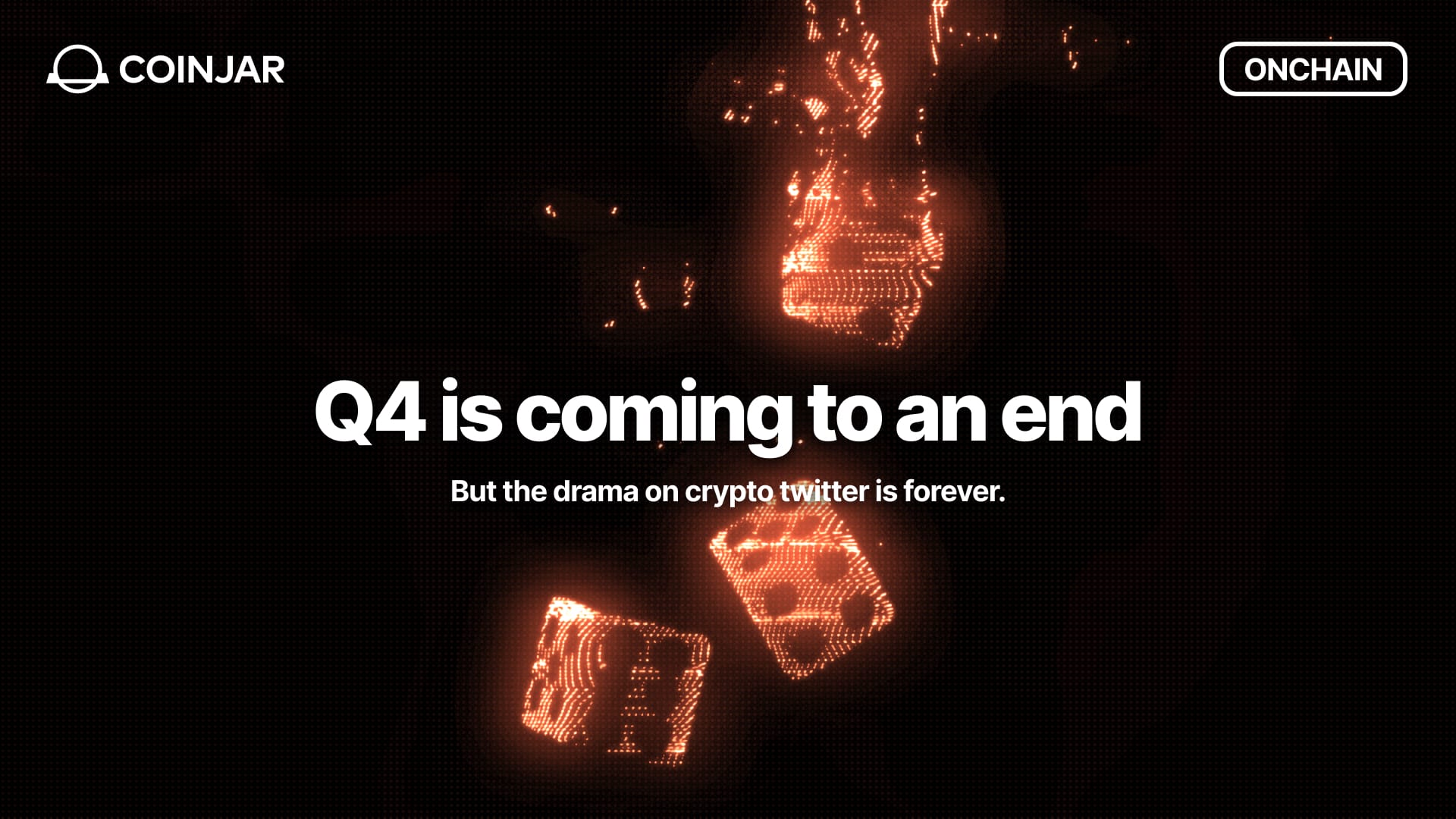Protect your crypto
November 12, 2021
Share this:

How to protect yourself from scams – and how CoinJar can help.
It’s Scams Awareness Week and CoinJar is an official partner. While scams are a dangerous and growing part of the crypto landscape, there are a few basic ways that you can help protect yourself. (And a few things that CoinJar does to help out too).
4 simple ways to stay safe
- Create strong passwords: you’ve probably seen this one again and again, but it bears repeating. The strongest foundation for your own protection is to use long, diverse and complex passwords. We recommend using a password generator/manager like 1Password, or else Chrome and Safari both have in-built password managers that make the process a whole lot easier.
- Use two-factor authentication: it’s increasingly common for apps to offer two-factor authentication (2FA) as an extra-layer of protection on top of your password. Our advice: take that offer. CoinJar provides automatic SMS or TOTP (think Google Authenticator) 2FA on account logins, while our app offers a biometric security feature such as FaceID/TouchID when you open the app or try to send large amounts of crypto.
- Keep your software up-to-date: older software is easier for hackers to break into. Setup auto-updates on your computer and phone and always keep your browser updated to the latest version.
- Be suspicious: always remember that you don’t know who’s actually on the other side of the screen. Don’t send crypto or account details to someone you don’t know and if it sounds too good to be true, it definitely is.
How CoinJar looks after your coins
CoinJar has a full-time team dedicated to protecting your funds. Here are some of the ways we’re trying to beat the scammers.
- Active transaction monitoring: CoinJar uses continuously updated lists of suspicious and malicious wallets to prevent funds being sent to known scammers. If a customer tries to send crypto to an address on the list, we’ll pause it while we work out where it’s actually going and why.
- Anti-phishing: any time you login to CoinJar from a new browser we’ll send an email to you asking you to confirm. It’s an extra layer of protection in case scammers get hold of your password. (Also a reminder to always make sure you’re logging into coinjar.com – and not a scam website that looks like it).
- Ask CoinJar: If in doubt, get in touch with Support. We’re constantly monitoring suspicious wallets and websites and can help you work out whether something is a scam or not.
Check out our dedicated article on protecting yourself from crypto scams for more info.
The above article is not to be read as investment, legal or tax advice and takes no account of particular personal or market circumstances; all readers should seek independent investment, legal and tax advice before investing in cryptocurrencies. This article is provided for general information and educational purposes only. No responsibility or liability is accepted for any errors of fact or omission expressed therein. CoinJar, Inc. makes no representation or warranty of any kind, express or implied, regarding the accuracy, validity, reliability, availability, or completeness of any such information. Past performance is not a reliable indicator of future results.
Share this:
On/Offchain
Your weekly dose of crypto news & opinion.
Join more than 150,000 subscribers to CoinJar's crypto newsletter.
Your information is handled in accordance with CoinJar’s Privacy Policy.
More from CoinJar Blog

Onchain: New Year, Same old industry
January 15, 20262026 has been off to a strong start, with constant drama from the White House. But it’s not on Trump alone to keep our cholesterol levels high. Crypto is contributing its...Read more
Goodbye 2025: CoinJar's Year of Global Growth and Innovation
December 31, 20252025 saw CoinJar push into new regions and launch major product upgrades. Here's a preview of what lies ahead.Read more